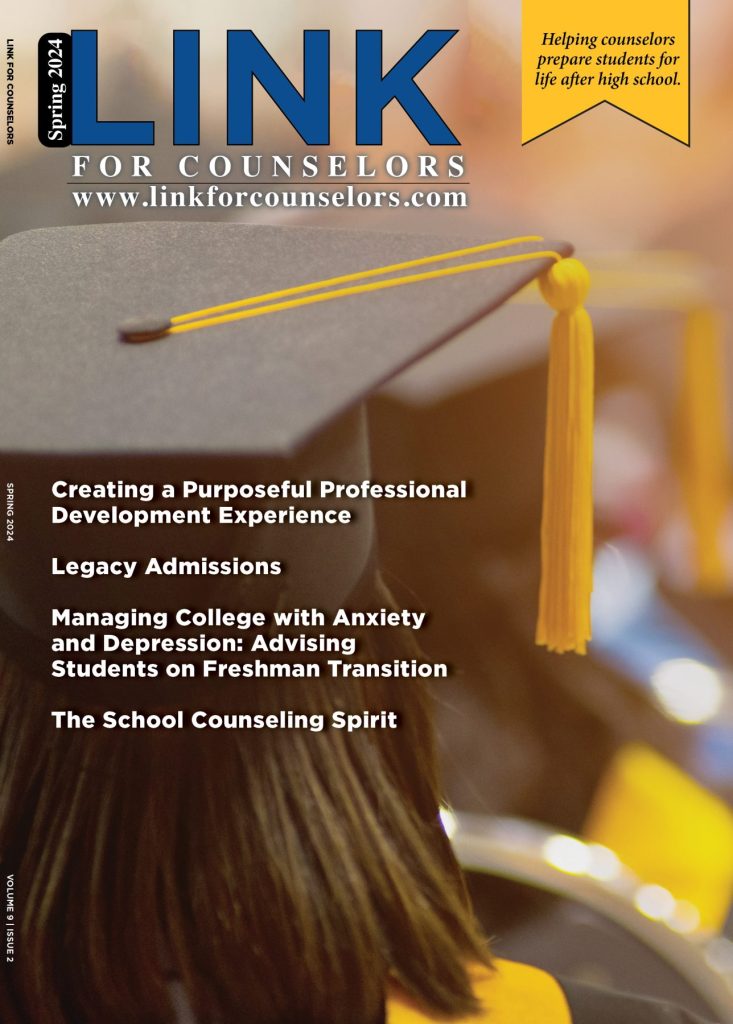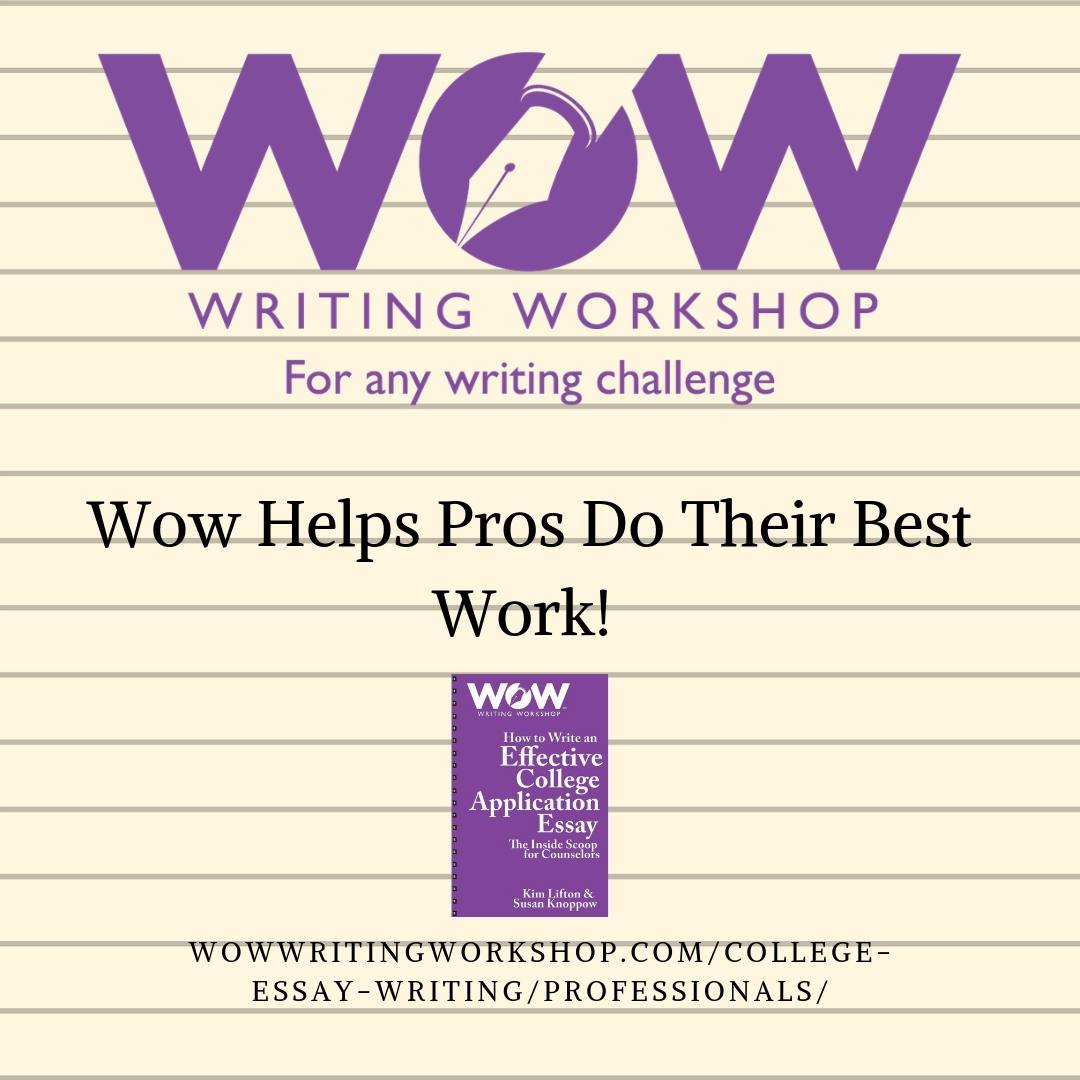Don’t Ruin Thanksgiving? Untangle that Messy Essay Before Admissions Deadlines
The clock is ticking for students applying to school for next fall as the regular college admissions deadlines loom.
Are your students’ essays stressing you out? Are they done? Do the essays they’ve already written look messy? Or is something missing from the story?
We don’t want your students’ college application journey to ruin Thanksgiving. We want everyone to feel calm and have a peaceful home for the holidays.
Here are some reminders – and tips – to share with your students so they can master the college essay with meaningful content. We know it is arguably the most daunting task of the application process, and we’d prefer to give you and your students some peace of mind.
First, make sure students understand why they are asked to write essays, and know what they can do, and what Mom and Dad (or any outside “helper”) should not do, to help.
Admissions officers from every type of college tell us all the time that they use the essays to:
• Find out something that is meaningful to the student and is not apparent in the rest of the application package.
• Gain insight into an applicant’s character.
• See if the student is a good fit for the university.
“There’s a misconception about what we do inside the admissions office,” cautioned Calvin Wise, Johns Hopkins University’s Director of Recruitment. “We are trying to predict future potential. We need to dig deeper where the essay comes into play. That’s where we find out more about the student.”
Remind your students that the admissions essay is an opportunity to support a student’s application – to help you show who they are. It is a chance to speak directly to the admissions office.
Make sure those essays are written by your student, not their mom or dad, sister, or another well-meaning adult. Wise (and every admissions officer we’ve ever asked) says he can tell when essays are over-edited or written by someone else.
Christoph Guttentag, the Dean of Undergraduate Admissions for Duke University has similar advice. He would love to see more personal statements that are authentic. “By the time the application comes to us, many of them have gone through so many hands that the essays are sanitized,” Guttentag said. “I wish I saw more of a thoughtful voice of a 17 year-old.”
Review, but please don’t “edit”. Any adult who is guiding a student should drop the word “editing” from their vocabulary.
HOW TO DO A COLLEGE ESSAY REVIEW
Begin the college essay review process by letting go of any preconceived notions about what makes a good essay. We suggest replacing the word “good” with the word “effective.” It’s important to let your students write their story in their own voice using their own words.
There is no rubric for an effective college essay, but the ones that stand out all share a few common features. Regardless of the prompt, they:
• Answer the question.
• Showcase a positive trait or characteristic.
• Sound like a high school student.
• Illustrate something meaningful about the student.
• Demonstrate reflection.
You will know if an essay is effective if it has a theme, which answers these two questions:
1. What happened?
2. Why does it matter?
We recommend reading without a red pen in hand, and without your hands on the computer keyboard. Just read. Make sure you know what the essay is about and why the student chose this topic. Then ask two key questions:
• Is anything missing?
• Is the college essay’s purpose clear?
When you review, double-check the prompt. If the prompt asks the writer to reflect on an experience and its influence on them, be sure your child has talked about both the experience and its effect.
Use the essay review checklist below to evaluate a traditional personal statement, such as the Common Application essay, the Coalition application, the University of California personal insight questions, ApplyTexas or any primary prompt from schools that use their own applications.
COLLEGE ESSAY REVIEW CHECKLIST
CONTENT REVIEW
• Does the essay answer the prompt?
• Can you tell why the writer chose this topic?
• Is the essay about the student, or is it really about the place, person or experience featured in the essay?
• Does it illustrate a trait the student wants to share with colleges?
• Does it tell colleges something meaningful about the writer that is not clear from the rest of the application package?
• Does the essay sound like the person who wrote it?
STRUCTURE REVIEW
• Does the first paragraph make you want to keep reading?
• Does the essay move smoothly from beginning to end?
POLISH REVIEW
• Does the essay use the same verb tense throughout?
• Has the writer avoided sentence fragments and run-on sentences?
• Is the punctuation correct and consistent?
• Is every word spelled correctly?
• Does the student feel confident and proud of the work?
That’s it. No magic. No special tricks.
Have a peaceful Thanksgiving!
Kim Lifton, LinkedIn’s Top Voices in Education, 2018, is President of Wow Writing Workshop, a strategic communication company staffed by experts who understand the writing process inside and out. Since 2009, Wow has been leading the industry with our unique approach to communicating any message effectively. The Wow Method helps business and nonprofit leaders create better blogs, manage social media, develop websites and create other communication materials. It also helps students write college application essays, grad school personal statements and resumes that get results. If it involves words, Wow can help.
Have You Read Wow’s Book for Pros?
Help your students write for college admissions officers without a pre-designed structure, without reading sample essays and without so much added stress. We’ve shared insight into our process, and more, in our new book for professionals, How to Write an Effective College Application Essay – The Inside Scoop for Counselors.




